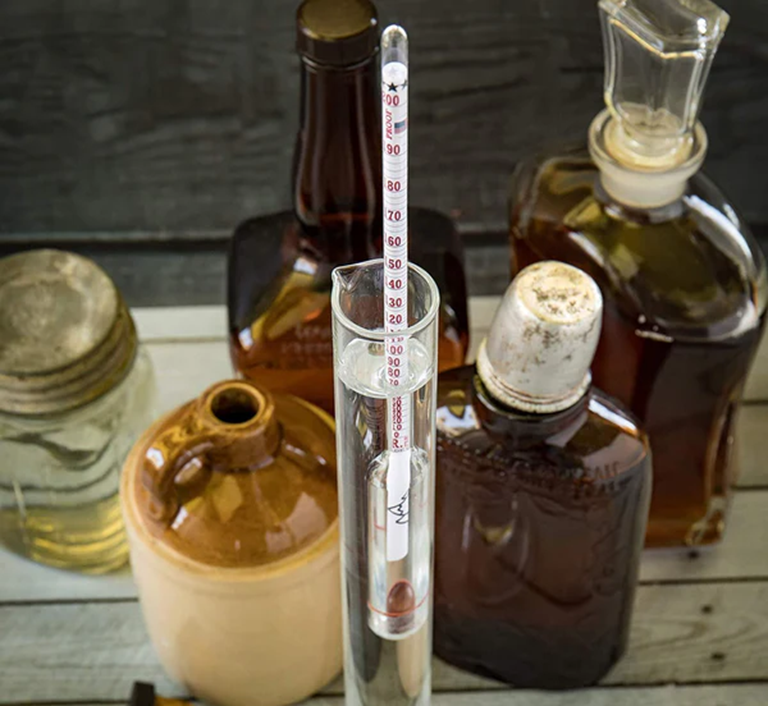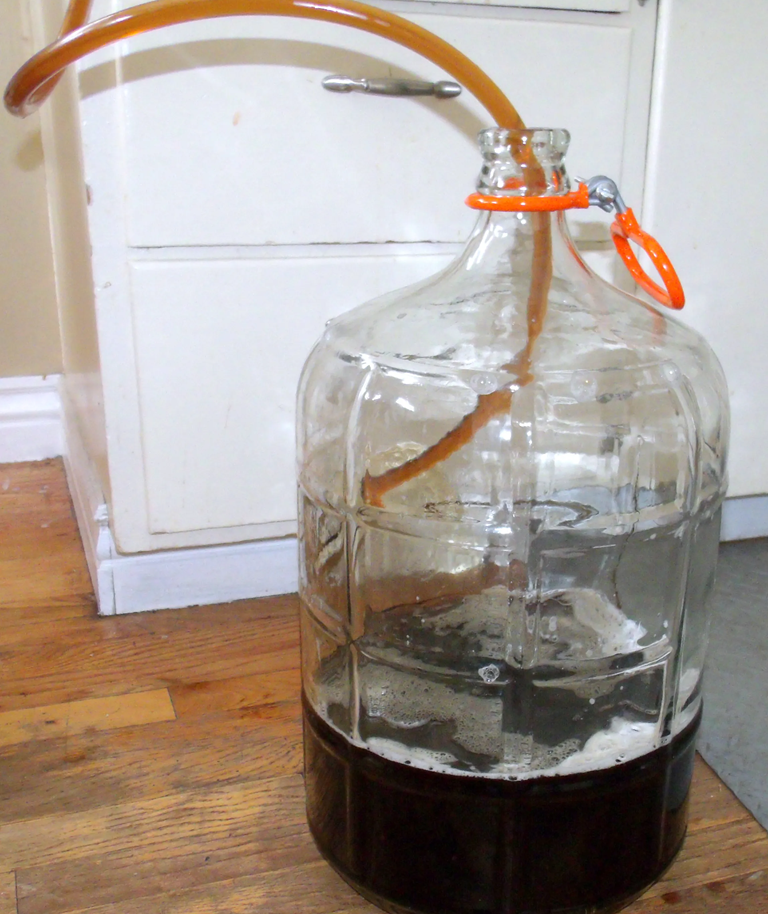Contents
Homebrewing has quickly become a beloved pastime for many Aussies, with more people embracing the craft of creating their own pints right at home. From hobbyists perfecting their recipes to those turning their passion into thriving local breweries, the homebrewing trend is on the rise. To kickstart your journey into this satisfying endeavour, you’ll need a few essential tools. While the list isn’t long, each item plays a crucial role in ensuring your brewing experience is as smooth and successful as possible.
Hydrometer

If you’re embarking on a homebrewing adventure, an alcohol hydrometer is a must-have tool. This essential instrument measures the Specific Gravity (SG) of the beer you’re fermenting, which helps you track the alcohol by volume (ABV) your beer will have when it’s finished.
The hydrometer plays a crucial role in monitoring the conversion of sugar to alcohol during fermentation. As sugar converts to alcohol, the gravity of the brew decreases, and a high-quality hydrometer helps you accurately follow this change. Though a hydrometer has three scales, homebrewers primarily use the Potential Alcohol and Specific Gravity scales.
- Potential Alcohol Scale: Provides an estimate of how much alcohol your brew can produce.
- Specific Gravity Scale: Compares the density of your brew to the density of water, allowing you to track fermentation progress.
To take your initial reading, pour some wort into a test jar and gently place the hydrometer inside. For a more comprehensive approach, consider using a thermohydrometer, which measures both specific gravity and temperature, offering enhanced accuracy.
When choosing an alcohol hydrometer, ensure it includes a sturdy testing jar. Ideally, choose a jar with a cuff around the top and a wide base to prevent tipping. With proper care and storage, your hydrometer will be a reliable partner in your brewing journey.
Thermometer
Temperature control is vital in homebrewing, making a reliable thermometer an indispensable tool in your kit. Keeping your brew within the ideal range of 16-22°C ensures that your yeast ferments properly without producing off-flavors or ruining the batch. High temperatures can kill the yeast and promote bacterial growth, while low temperatures can inhibit fermentation. Regularly monitor the temperature to maintain the perfect balance.
Siphon
An auto-siphon is a convenient piece of equipment for transferring your brew between vessels without disturbing sediment. Unlike traditional siphoning methods, auto siphons use gravity and atmospheric pressure to transfer liquid, making the process more sanitary and straightforward. It’s a simple tool but a game-changer for any brewer aiming for a cleaner and smoother brewing process.
Jug Set
A jug set is an invaluable multi-purpose tool in homebrewing. From measuring water and pouring sugar to steeping hops and sanitizing equipment, you’ll find yourself reaching for these jugs often. A good jug set typically includes containers of various sizes with precise measurement marks, made from durable plastic or glass.
Spoon & Measuring Cylinder
Stirring your brew requires a specialized spoon with a long handle, usually around 50 cm. Avoid plastic spoons that may melt or bend and instead opt for a metal one that’s sturdy and reliable. A measuring cylinder is another essential tool, useful for checking the clarity of your beer and taking gravity readings.
Cleaning Supplies
Cleanliness is critical when brewing at home. Ensuring that every piece of equipment is spotless prevents unwanted bacteria from spoiling your beer. All you need are some basic supplies like towels, cleaning solutions, and brushes to keep your brewing gear sanitized and your beer tasting fresh.
Vessel
The brewing vessel is where you’ll mix all your ingredients. While a specialized brewing vessel is ideal, a food-grade bucket with a tap, seal, and bubble can work just as well for beginners. Make sure your vessel has a large opening for easy mixing and cleaning, and consider one that can double as a fermenter to save time and space.
Fermenter
Choosing the right fermenter is crucial to your brewing success. A 22-litre fermenter is popular among beginners, but it’s essential not to fill it to the brim—leave space for the froth to rise. Look for features like an airlock and stopper to safely release carbon dioxide while keeping contaminants out.
Carboy

A carboy serves as a secondary fermentation vessel, allowing your brew to develop its flavours while you wait to bottle. Made from BPA-free PET plastic, a carboy won’t alter the taste or aroma of your beer, keeping your brew’s integrity intact. It’s a great option for letting your beer ferment undisturbed for 10-14 days.
Equipped with these tools and a bit of patience, your homebrewing journey will be off to a smooth start. From measuring gravity to maintaining a clean brewing environment, these essentials will help you produce delicious, homemade beer that you can enjoy and share with friends.

